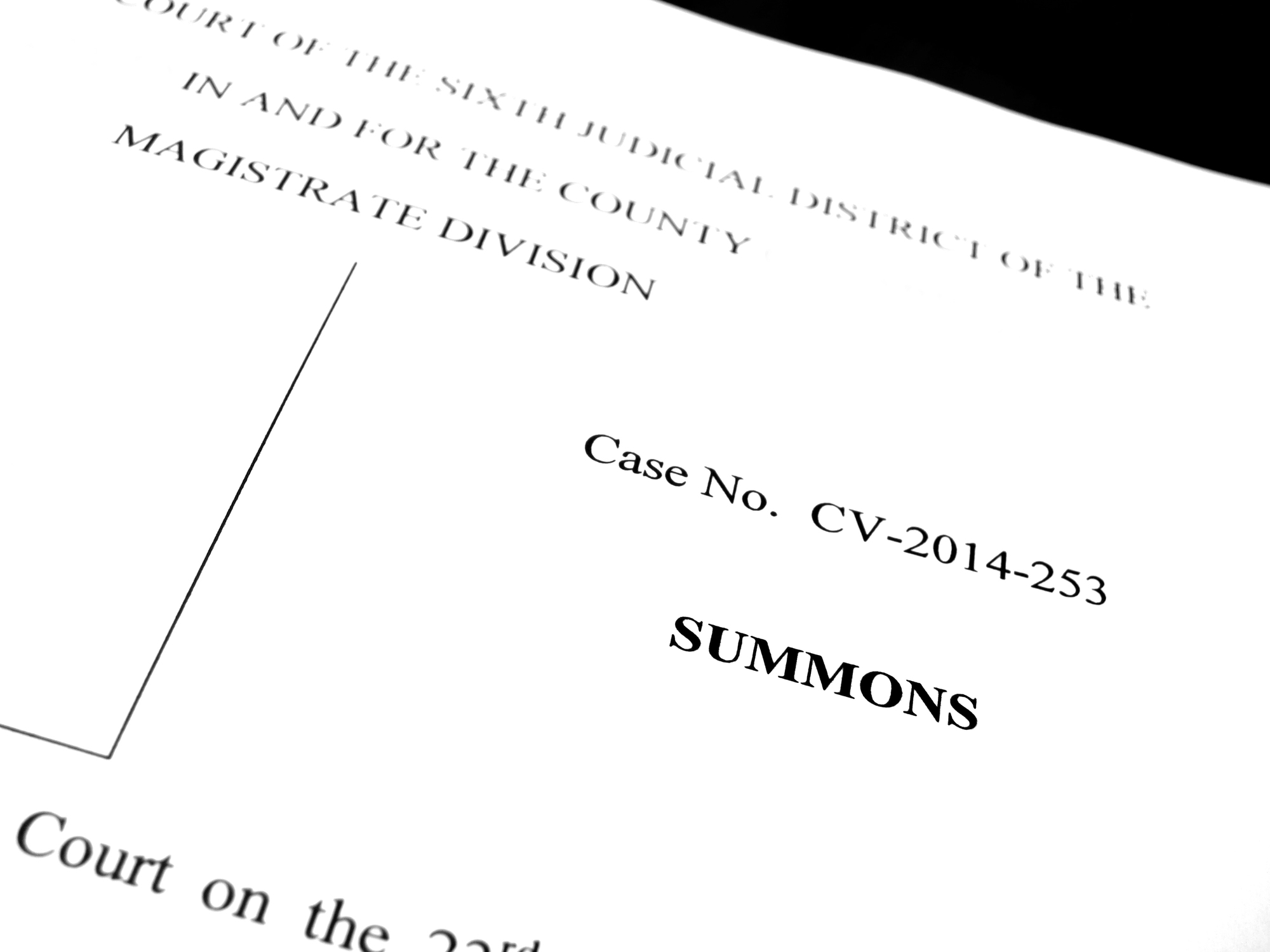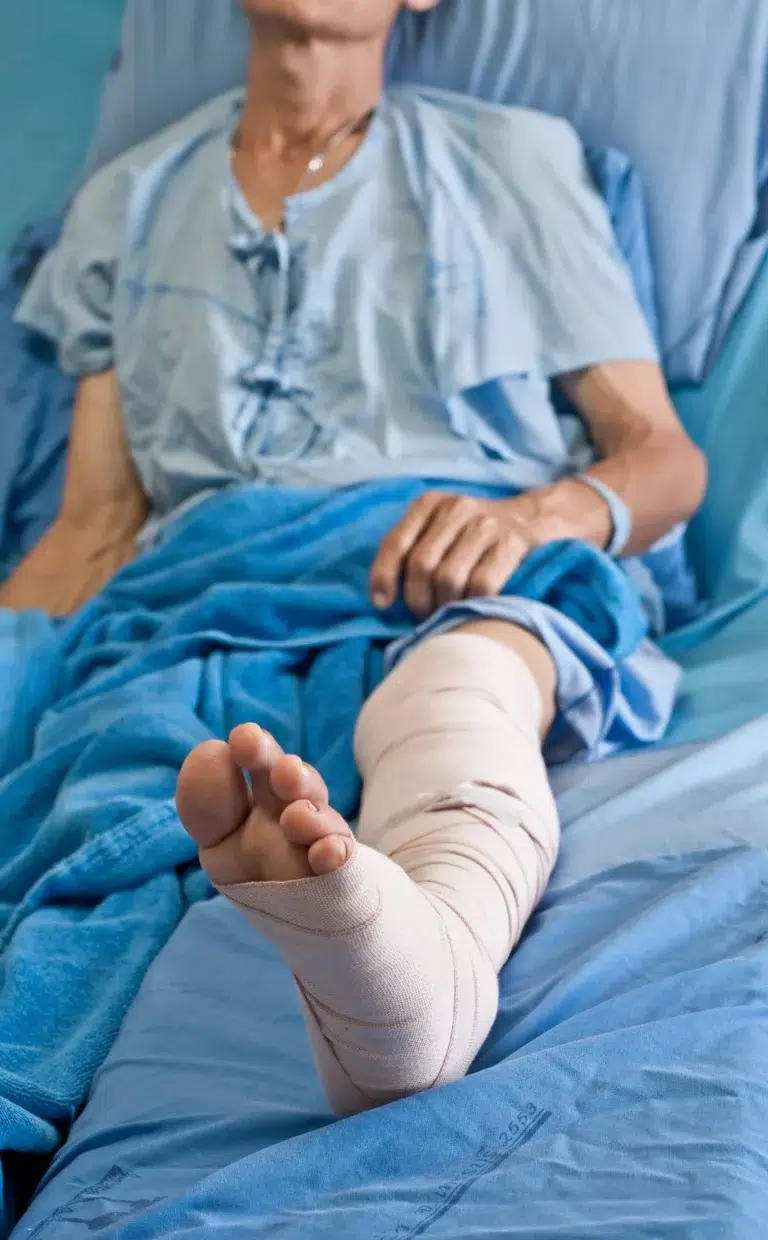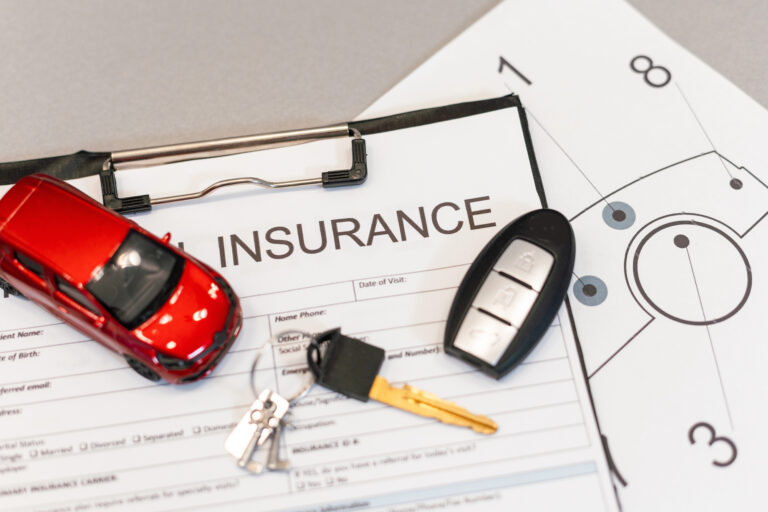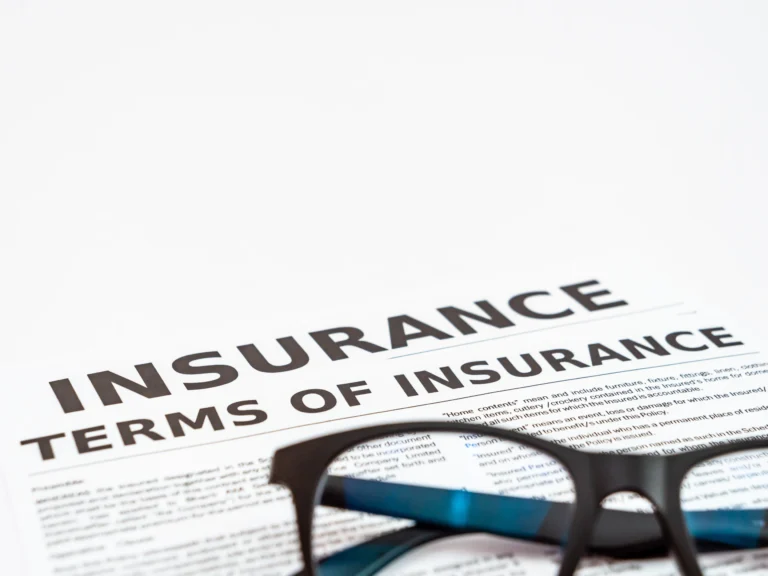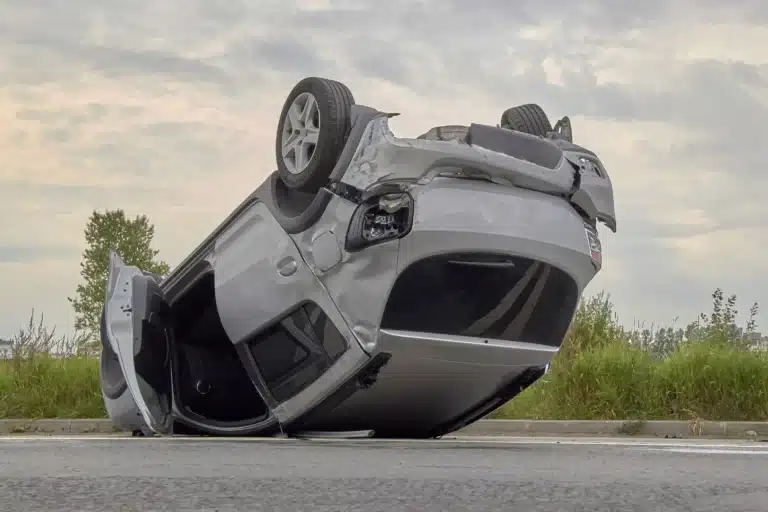Can Bankruptcy Help If You’re Facing a Personal Injury Lawsuit in Florida?
Our First Goal: Strong Personal Injury Defense, Not Bankruptcy
At Florida Civil Counsel, P.A., our mission is to defend clients facing personal injury lawsuits—not to rush them into bankruptcy. Whether you are being sued after a car accident, dog bite, or subrogation claim, our approach is always the same:
- Investigate thoroughly — reviewing accident reports, insurance policies, and medical records.
- Challenge the plaintiff’s evidence — including inflated bills, exaggerated claims, and gaps in treatment.
- Negotiate strategically — pushing for resolutions that minimize your financial burden.
In many cases, strong defense can resolve claims without significant personal loss. But there are times when plaintiffs—or their attorneys—refuse to be reasonable. That’s where bankruptcy may become part of the discussion.
When Plaintiffs Make Unrealistic Demands
Unfortunately, not every personal injury case ends in fair negotiation. Some plaintiffs demand far more than the evidence supports, leaving defendants in impossible situations. Common scenarios include:
- Exaggerated injuries: A plaintiff claims life-long impairment despite minimal treatment records.
- Inflated damages: Bills are padded with unnecessary tests, or the demand includes questionable “pain and suffering” multipliers.
- Refusal to settle: Even after mediation, plaintiffs sometimes insist on numbers that no average family could afford.
In these cases, we fight aggressively to expose weaknesses. But if the court ultimately awards an unrealistic judgment, bankruptcy may become the only tool left to protect your future.
How Bankruptcy Can Help in Personal Injury Cases
Automatic Stay
When you file for bankruptcy, federal law imposes an automatic stay. This halts collection efforts on personal injury judgments—meaning no wage garnishment, bank levies, or asset seizures while the case proceeds in bankruptcy court.
Discharge of Certain Judgments
Many personal injury judgments can be discharged (erased) in bankruptcy. This prevents plaintiffs from collecting beyond what the law allows. However, there are important exceptions:
- Judgments involving DUI accidents
- Cases involving intentional acts of harm
Protecting Income and Assets
Bankruptcy provides structured ways to protect your wages, home, and essential property while resolving overwhelming judgments. This can be life-changing when a plaintiff’s demand is more than you can realistically pay.
For a closer look at what assets could be at risk before bankruptcy is even considered, see our guide on what can be taken away if a car accident judgment is awarded against you in Florida.
Chapter 7 vs. Chapter 13 Bankruptcy for Personal Injury Judgments
If bankruptcy becomes necessary, most clients consider Chapter 7 or Chapter 13. The right option depends on your income, assets, and goals.
Chapter 7 Bankruptcy (Liquidation)
- Designed for individuals with limited income and high debt.
- Most unsecured debts, including many personal injury judgments, can be discharged.
- A court-appointed trustee may liquidate (sell) non-exempt assets to repay creditors.
- Typically takes 4–6 months to complete.
Example: If you are hit with a $200,000 dog bite judgment you cannot pay, Chapter 7 may discharge that debt and give you a clean slate—unless it falls into a DUI or intentional act exception.
Chapter 13 Bankruptcy (Repayment Plan)
- Designed for individuals with steady income who want to keep more assets.
- Creates a 3–5 year repayment plan where you pay back part of the judgment.
- After the plan ends, remaining eligible debts are discharged.
- Useful if you have a home or car you want to protect while resolving the judgment.
Example: If a court enters a $75,000 car accident judgment against you and you have a home with equity, Chapter 13 may allow you to keep your property while repaying a portion of the judgment over time.
Why Defense Always Comes First
Bankruptcy is a powerful tool, but it should never be the starting point. At Florida Civil Counsel, our philosophy is:
- Defend aggressively first: Most personal injury cases can be reduced, dismissed, or settled.
- Bankruptcy only if necessary: It’s the safety net, not the plan.
- Protect your future: Bankruptcy impacts credit, financial options, and sometimes professional licensing.
By exhausting every defense strategy, we ensure bankruptcy is used only when plaintiffs make demands that leave no other realistic path.
For an overview of our courtroom approach, see our article on Florida car accident defense strategies.
Real-World Example
Consider a case where a defendant in Orlando faced a subrogation lawsuit after a serious crash. The plaintiff’s insurance company demanded nearly $400,000, despite disputed liability and questionable medical expenses. Our defense team challenged the claim and attempted settlement. When the plaintiff refused to reduce their demand, bankruptcy was considered as a last resort to protect the client from financial devastation.
Bankruptcy Is Not Failure — It’s Protection
Clients often feel embarrassed or defeated when the word “bankruptcy” comes up. But it’s important to understand:
- Bankruptcy laws exist to protect individuals and families from impossible judgments.
- It ensures that a single lawsuit doesn’t destroy everything you’ve worked for.
- It can provide breathing room when plaintiffs refuse to be reasonable.
Filing for bankruptcy does not erase the hard work of your defense team—it simply provides an extra layer of protection if the legal system produces an unfair result.
How Florida Civil Counsel, P.A. Can Help
Our firm, based in Orlando, defends clients across Florida—including Miami, Tampa, Jacksonville, and Pensacola—against personal injury lawsuits involving car accidents, dog bites, and subrogation claims.
Our focus is always to get clients out of lawsuits with as little financial pain as possible. But if a plaintiff pushes for an unrealistic judgment, we help explore bankruptcy as a last-resort safeguard.
If you are being sued for personal injury in Florida and are worried about the financial consequences, contact us today.
